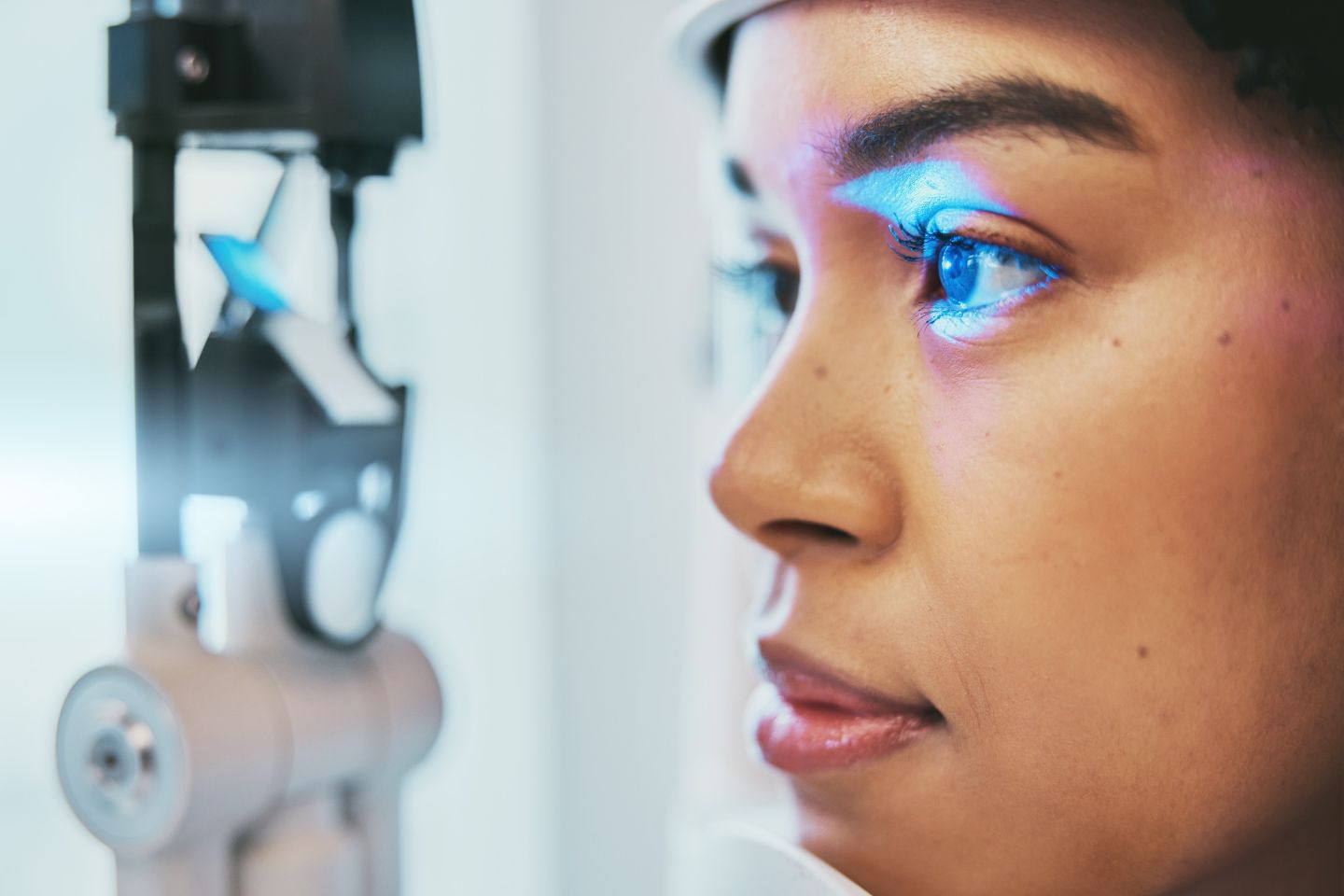Going from seeing with your naked eyes to using contact lenses or glasses is changes not many people are ready for and unpleasant for most. With a quick fix like LASIK surgery, you can restore your eyesight and say goodbye to your vision problems for life and surely that’s what people want.
But before you opt for LASIK, it is important to ensure you are an eligible candidate and if it can address the issue, you are going through, or need an alternative fix.
You can consult with Blue Fin Vision LASIK London for they are an expert and can clear your doubts, giving you the correct treatment for your eyes.
What Is Lasik Eye Surgery?
LASIK surgery is for people who are tired of wearing glasses or contact lenses and want to break free of them and live a better life. It reshapes the cornea using advanced laser technology to focus light properly on the retina and help you see better without an aid.
Your eyesight gets blurry if your cornea isn’t shaped right because it determines how light enters your eyes and where it lands. LASIK adjusts your cornea, so the light hits the right spot, helping you to see clearly.
It is a trusted laser eye surgery used all around the world by people between the ages group 18 and 40. While there are other laser vision correction methods out there, LASIK is the most common mainly because of how quick and convenient it is.
What Can LASIK Fix?
LASIK works well for many vision problems, but it has a limitation and cannot fix every issue we know of. Also, LASIK is not fit for some people because of certain eye conditions or health concerns they may have and that’s the reason, why consulting an eye specialist is a must or taking an eye exam before moving forward. That being said, let us now take a look at the issues LASIK is a perfect solution for.
- Farsightedness (Hyperopia)
Hyperopia happens when your cornea is flatter than normal or your eyeball is too short, causing the light entering your eye to focus behind the retina and that’s the reason, why objects closer to you appear blurry, but the ones at a distance shaper. LASIK can reshape your cornea and make it steeper, so you no longer have hyperopia and see everything near you or at a distance.
- Astigmatism
The shape of your cornea matters and if it’s uneven, it can blur your vision and cause astigmatism, interrupting the light entering your eye and focusing properly on the retina. LASIK smoothens out the irregular curve and fixes the cornea, so it can work properly and you can see again.
- Near-sightedness (Myopia)
Myopia is the opposite of hyperopia and happens if your cornea is curvier than average or your eyeball is longer than usual because in this case, the light focuses in front of the retina, not directly on it. It is because of this reason, that you see objects nearby clearly, but not when it is far away. With LASIK, you have the chance to flatten your cornea and correct your vision like before when you didn’t have this condition.
- Presbyopia
Presbyopia is one of those vision problems that gets more common as you grow older, making it harder for you to focus on things up close. Since this is an age-related issue, you cannot stop it completely, but LASIK can offer a workaround if you are ready for it. Monovision LASIK, a special procedure can correct one eye for distance and the other for close-up tasks, so you can less on glasses and uses your eyes more.
What Do Doctors Check For LASIK?
You cannot get a LASIK surgery done without your eye doctor examining your eyes and confirming it is safe for you. During the eye exam, your surgeon will check your prescription as well as the following key factors.
- Prescription
Unless you have a steady vision for two years, LASIK may not be the right fit because if your prescription changes frequently, it makes the procedure unsafe.
- Dry Eyes
Dry eye syndrome doesn’t always stop you from LASIK, but it can slow down the healing process and that’s the reason, why doctors check for signs of dryness before recommending the surgery.
- Eye Health
Your eyes need to be in good shape and free of infections, injuries, or diseases, or else you need to fix them first before you can proceed with LASIK.
- Corneal Thickness
LASIK creates a thin flap on your eye’s surface and unless your cornea is thick enough to handle the surgery, you cannot get it done, no matter what.
LASIK is helpful as long as you qualify for it, or else you will have to look for a different solution to fix your vision problems. Consult an eye specialist to understand your condition better and ensure the surgery is done safely and efficiently.

